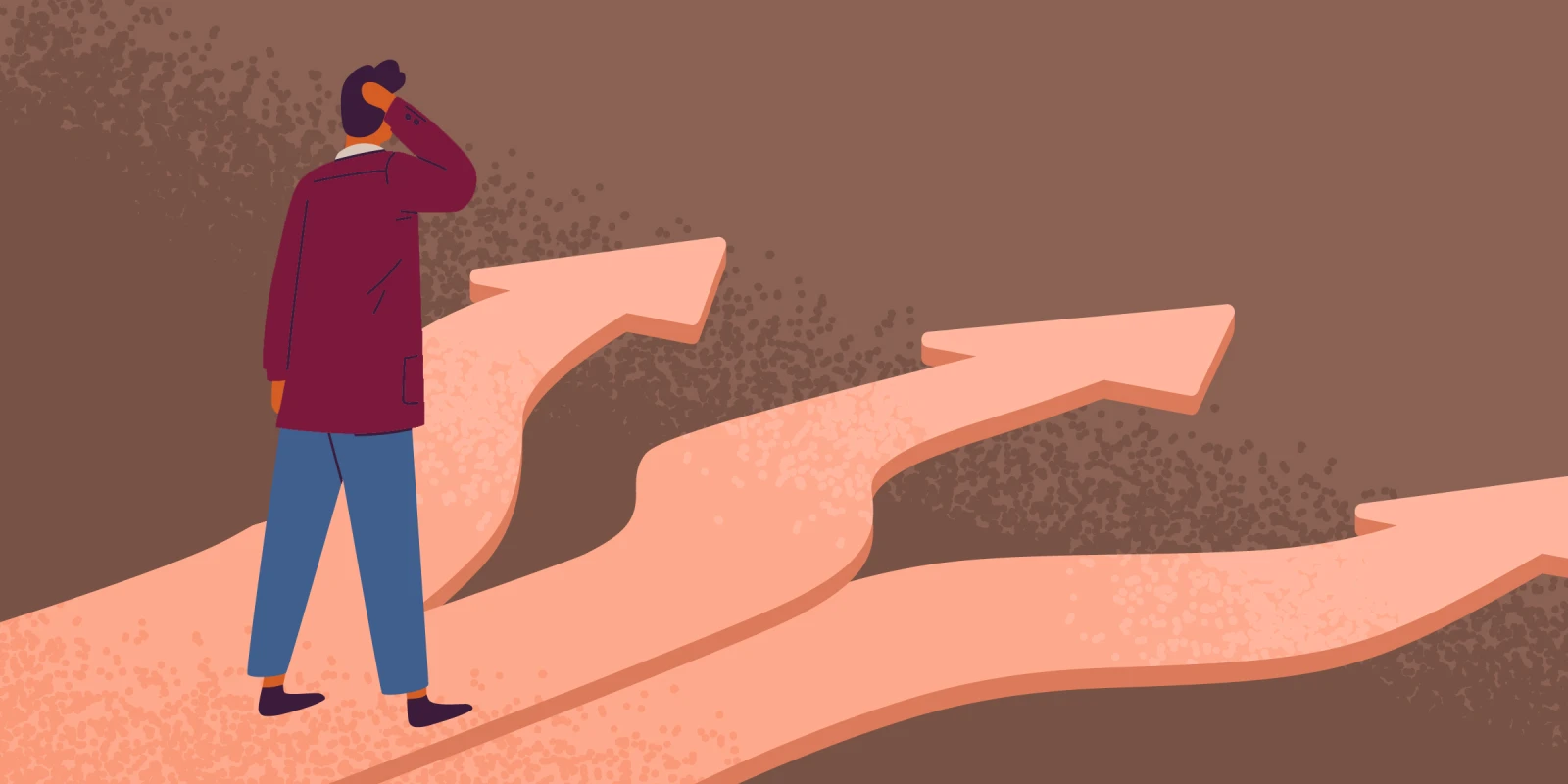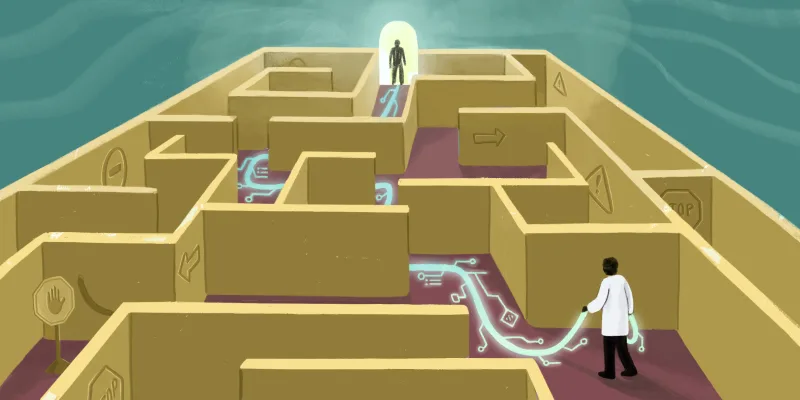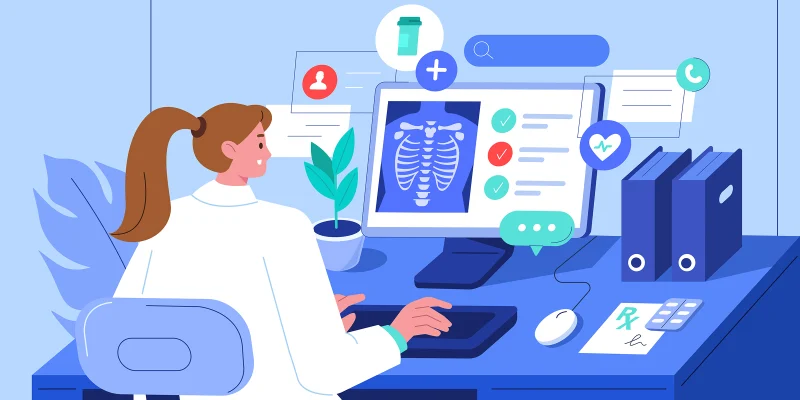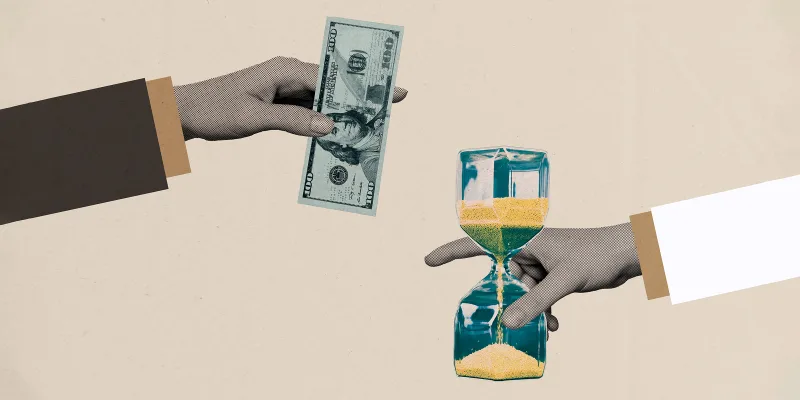When I was in medical school, one of my patients was a young man with Hodgkin lymphoma. When first diagnosed, he began chemotherapy but then succumbed to the temptations of an alternative treatment and went to Mexico for laetrile treatment (I’m dating myself here), an unproven alternative and worthless therapy. While there, the lymphoma grew and a tumor compressed his spine, paralyzing him from the waist down. He came back to the U.S. for chemotherapy and successfully treated his lymphoma, but he remained paralyzed for life. His own medical decision-making hadn’t done him any favors.
It was a tough case to see. He was about my age, making his paralysis especially poignant to me. He had a lifetime of wheelchairs, bladder self-catheterization, and uncertain sexual function ahead. Even back then, it seemed crazy to me that someone would go against medical advice, choosing to believe the unbacked hopefulness of a stranger instead of the evidence-based advice of a doctor he knew.
And now, in the 21st century, we continue to see people making poor medical decisions. Some are suing hospitals to try to force them to treat a relative with ivermectin for COVID-19. Some decline needed procedures for themselves or their children. And many decline potentially life-saving vaccines.
The basic problem comes, I think, when patients start making decisions for their own care. Let’s face it: Too many times — not all of the time, but enough — they mess it up. They often can’t handle the amount of information or the possibility of side effects. They don’t have the ability to objectively weigh the risks and benefits of a given treatment, something that physicians do all the time.
I was reminded of this by a recent article that posed the question of what to do when an adolescent and their parent differed on whether or not to get a vaccine. Who should have the final say? It would be nice to have the adolescent and parents agree, but that doesn’t always happen.
For example, the HPV vaccine is a tremendous advance in medicine. We have the capability to almost wipe out cervical cancer. Doctors would love to give it, but parents? Not so much. Only a little more than half of adolescents have received a full course of it. I suspect the parents are guided more by an unproven fear that the vaccine will encourage sexual activity — as if adolescents need that to decide to have sex — than by the proven benefit of stopping cervical cancer.
Patients and families are fine with doctors doing things that don’t require specific consent. They will sign a general consent form for hospital care and are almost oblivious to the dozens of decisions that are made by inpatient physicians every day, especially for critically ill patients: what IV fluids to give, what labs to draw the next day, what imaging studies to do. But give them a choice, say, for a vaccine, and it becomes difficult — even though the benefit-to-risk ratio is more favorable for the vaccine than for other treatments that they wouldn’t think twice of refusing.
But let’s be clear. Patients should have a choice in certain medical decisions. We can’t take autonomy away from human beings. They might not be able to decide how much sodium or magnesium to put in the total parenteral nutrition that day, but they can decide whether they want a risky heart surgery. And the good news is that most patients make a proper decision. They listen to their health care team.
But some don't, like the young man with lymphoma, or the parent of the teenager who did not receive the HPV vaccine and went on to have cervical cancer. We need to do something to help patients make better decisions.
Can we teach evidence-based decision-making in school? I don’t see why not. Elementary school teachers already teach about making good decisions. Teaching students the best way to make those decisions, by looking at valuable evidence, is just a short step away. We can teach them about data driven decision-making. We can teach them that the anecdote is the weakest form of evidence. That person on the television commercial who says their memory improved when they took a supplement? Not useful for decision-making, and we have to tell people that. And whether your sister-in-law's cousin had a reaction to the COVID-19 vaccine is far less important than the total percentage of vaccine recipients who developed reactions to it.
It won’t be perfect. Speaking to the parents of patients has shown me that many of them don’t understand percentages or other basic concepts, so it will be a challenge to make some understand what “evidence-based medicine” means; and some, unfortunately, will always prefer to reject it.
But we can do better than we are doing now. Many people can learn better decision-making, if we just make the effort to teach it to them. If we had done that, maybe, just maybe, the young man with Hodgkin lymphoma I knew would not be paralyzed today — and I wouldn’t still be thinking about him.
What is the most optimal approach to helping patients make medical decisions? Share your experiences in the comment section.
Paul Holtrop is a recently retired neonatologist who lives in northern Michigan. Besides trying to keep up with the medical literature, he enjoys bicycling and cooking, plus watching college football — except, of course, for the cringe-worthy head injuries. Dr. Holtrop is a 2021-2022 Doximity Op-Med Fellow.
Image by GoodStudio / Shutterstock







